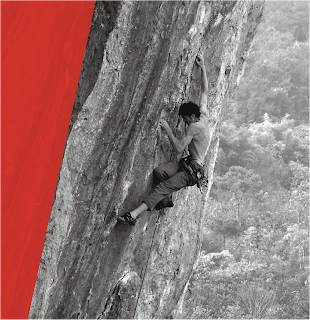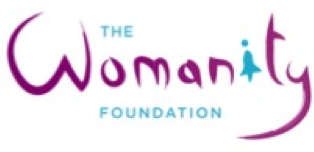Program:
WomanChangeMakers Fellowship Brazil
Position:
Country Manager (Consultant/Part-time/Long-term mandate)
Country of work and residence: Brazil – Based preferably in Sao Paulo
Only candidates residing in Brazil
with fluent Portuguese and a solid Brazilian network will be considered for
this position.
Preferred starting date: 3 November 2014
Pensum:
30 hours/week
______________________________________________________________
Opportunity:
WomanChangeMakers is a Fellowship program of the
Womanity Foundation that focuses on identifying, supporting and connecting
social entrepreneurs (men or women) who head organizations that work for
women’s empowerment, address systemic gender inequalities and positively
transform society (www.womenchangemakers.org). By focusing on how social entrepreneurs
solve problems and help build their communities we aim at helping them catalyze
their social impact and scale up their organization.
We believe in the value of anchoring our WomenChangeMakers
program in the specific reality of the target countries (presently Brazil and India).
Together with our WomenChangeMakers Fellows we elaborate goals that will motivate
local professional partners to support the Fellows’ development and growth.
Local and global collaborations with thought leaders, social and business
entrepreneurs, as well philanthropic, social investment and academic institutions
are core to our approach.
In order to grow our team and further
consolidate the WomanChangeMakers (WCM) program in Brazil, the Womanity
Foundation is looking for a part-time Country Manager to implement all aspects
of our program and enhance the impact of our Fellows. The Country Manager will
be tasked with elaborating strategies of growth with and for our Fellows in
Brazil; assisting them in identifying their key needs to realize such growth;
creating strategic collaborations with relevant professional experts and
partners; and supporting the Womanity Foundation’s efforts in measuring and
communicating the impact of our Fellows and of our program. The new Country Manager
will be required to significantly expand the existing strategic partnerships
and opportunities for our Fellows, and to animate the Fellowship to the benefit
of its members.
Responsibilities include: assessing WCM
Fellow’s needs and identifying adequate solutions to address these needs;
engaging experts and professional partners; facilitating and strengthening the
relationship between the WCM Fellows and the professional program partners; cultivating
the relationship with existing and newly acquired WCM professional program partners;
developing a results-based action plan for the WCM Fellows and the WCM program
in Brazil; supporting monitoring and evaluation efforts and inputting to an impact-based
reporting process on progress made by the Fellows and the WCM Fellowship
program; building a pipeline of candidates for the WCM Fellowship; representing
WCM in the relevant fora and meetings with the aim of increasing its visibility
and connections for the benefit of its Fellows and of their social impact;
organizing events and meetings as relevant for the Fellows, professional
partners and other stakeholders; producing quarterly newsletter and other
relevant PR materials and communications.
The Country Manager will report to the Womanity
Foundation’s Executive Director.
Location, Qualifications, Skills and Core Competencies
Required:
The person may be located in preferably Sao
Paulo (or Rio de Janeiro) and should possess excellent spoken and written Portuguese
and English language skills. The candidate will have demonstrated a passion for
social change, as well as the ability to work with a cross-cultural and
international team. We are looking for a pro-active individual with high
motivation to work towards supporting social entrepreneurs who accelerate
progress for women.
Only candidates residing in Brazil
with fluent Portuguese and a solid ties to the Brazilian social development
sector and associated networks will be considered for this position.
Competencies and Skills required:
Minimum of 5 years experience working in the social
development sector (mid-level), preferably with an experience in the women’s
empowerment field;
Extensive and positive relations with Brazilian
citizen, corporate and public sectors;
Excellent skills in building partnerships and
interfacing with external stakeholders;
Strong communicator and persuasive deal-maker;
Strong writing and PR skills;
Excellent organizational skills;
Experience in reporting, monitoring and measuring
social impact and reporting;
Ability to work in a virtual team (via skype,
e-mail etc.);
Travel availability, in particular within
Brazil.
The Womanity Foundation offers a competitive
monthly salary for 30 hours x week. The salary offer will reflect the applicant’s
experience and qualifications. The Womanity Foundation invites applications
from candidates regardless race, gender, sexual orientation, age, disability or
religion.
Application Process:
Please email your resume and a motivation letter, outlining how your skills and
experience meet the qualifications of the position and what motivates you to
apply, to Andrea Piazza, andrea@womanity.org, subject line “WCM Country Manager Brazil”.
Please also include three references.
Application deadline: 10th October 2014


.jpg)














